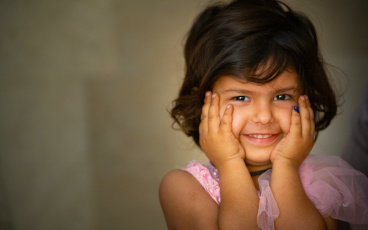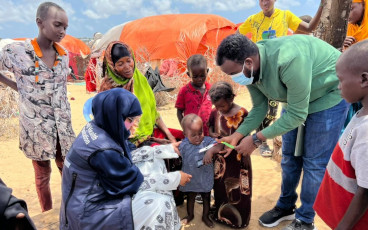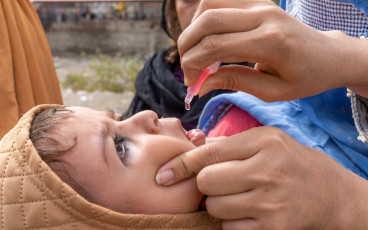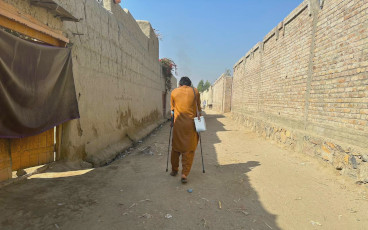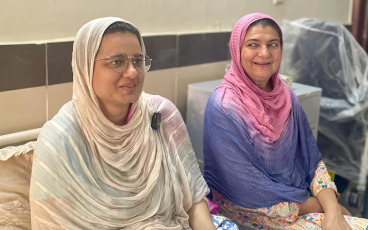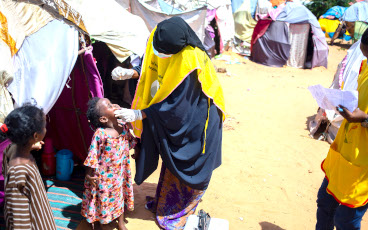Meeting Every Child’s Right to Vaccines in Afghanistan
Afghanistan is reaching over 5.6 million children with vaccines against polio during large-scale campaign starting in January.
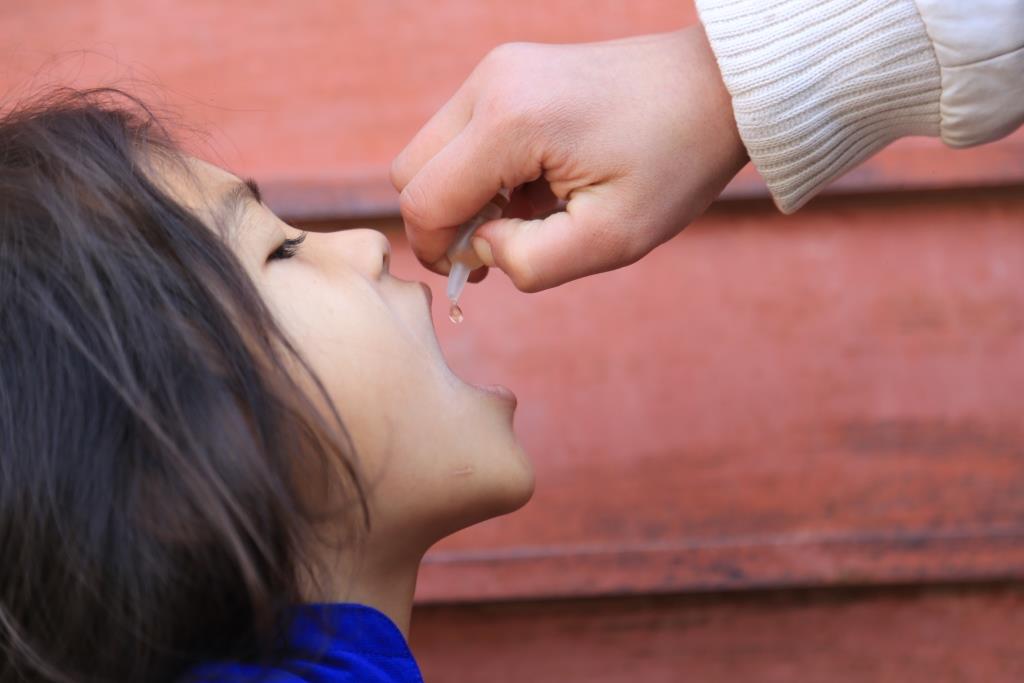
Afghanistan is reaching over 5.6 million children with vaccines against polio during large-scale campaign starting in January.
On 30 January, the Ministry of Public Health, WHO and UNICEF launched the first polio immunization campaign of 2017. Targeting over 5.6 million children, the campaign will be delivering vaccines in provinces in the southern and south-eastern regions, most districts in the eastern region, as well as selected high-risk districts across the country, including Kabul city.
“The campaign will build on strong progress seen in 2016. Last year Afghanistan had only 13 cases of polio nationwide, down from 20 in 2015. This was made possible through hard work by thousands of frontline health workers and a renewed emphasis on monitoring and oversight,” said Dr Maiwand Ahmadzai, Director of the National Emergency Operations Centre for Polio Eradication at the Ministry of Public Health, speaking at a joint press conference held in Kabul.
This week’s campaign is carried out by over 31,000 trained polio workers. These vaccinators and other polio workers are trusted members of the community and they have been chosen because they care about children.
“We have seen significant progress in our polio eradication efforts over the past year. Most of Afghanistan is now polio-free, the circulation of the poliovirus is restricted to small areas in the eastern, southern and southeastern parts of the country and we have seen huge improvements in vaccination campaign quality,” said Dr Hemant Shukla, Director of the Polio Programme at WHO. “Our focus is now on reaching every single child during every vaccination campaign to stop the transmission of polio.”
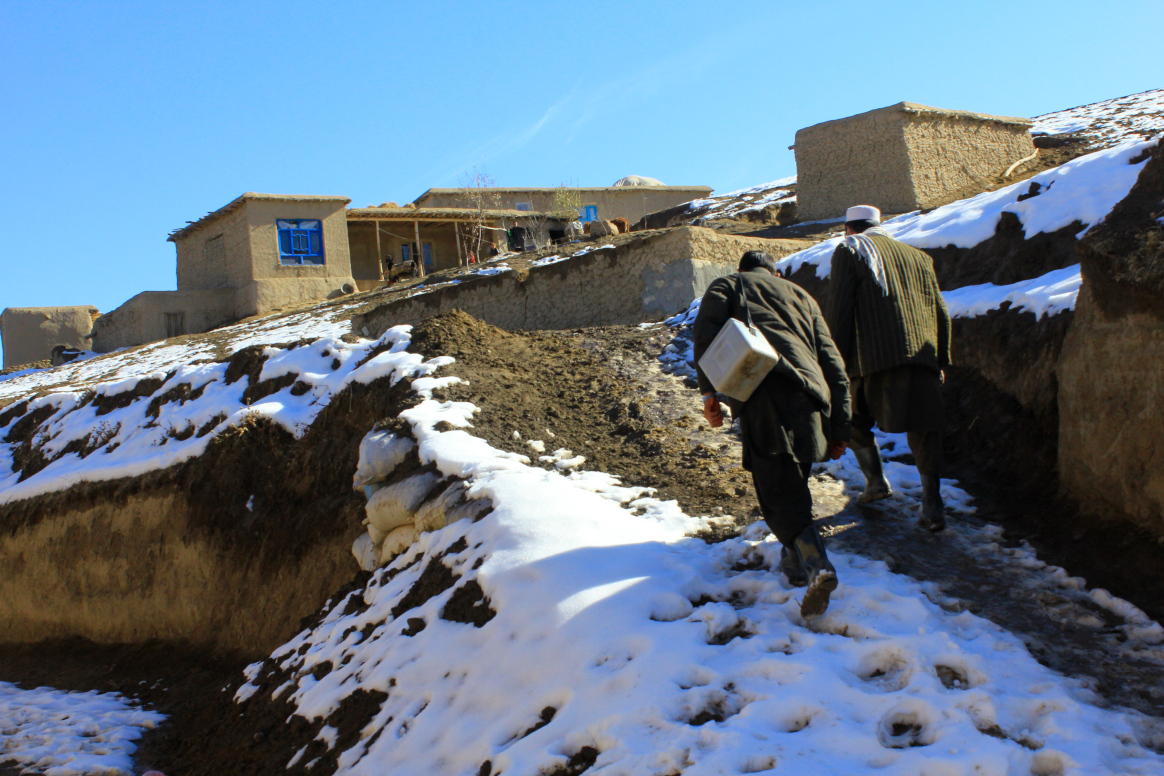
“With our collective efforts, we will be able to eradicate polio from the world. Vaccines are the right of every child and no child should be missed during polio campaigns,” said Ms Melissa Corkum, UNICEF Polio Director in Afghanistan. “Thousands of frontline workers visit every house in the country during campaigns. That’s not an easy task. Due to the hard work of these dedicated frontline workers, we are closer to polio eradication than ever.”
In 2016, new initiatives have been implemented to strengthen the polio eradication programme in Afghanistan. All polio eradication activities have been brought under one leadership as Emergency Operations Centres have been established at the national and subnational level. The surveillance system has been strengthened and the circulation of wild poliovirus is unlikely to be missed in Afghanistan. The quality of campaigns, routine immunization and rapid response to polio cases have improved tremendously over the past year.
In 2016, 13 polio cases were registered: 7 cases in Paktika, 4 cases in Kunar, one case in Kandahar and one in Helmand province. Afghanistan remains one of 3 polio-endemic countries together with Pakistan and Nigeria.


